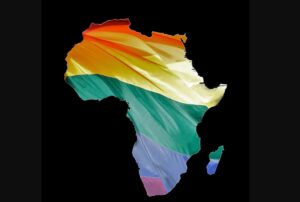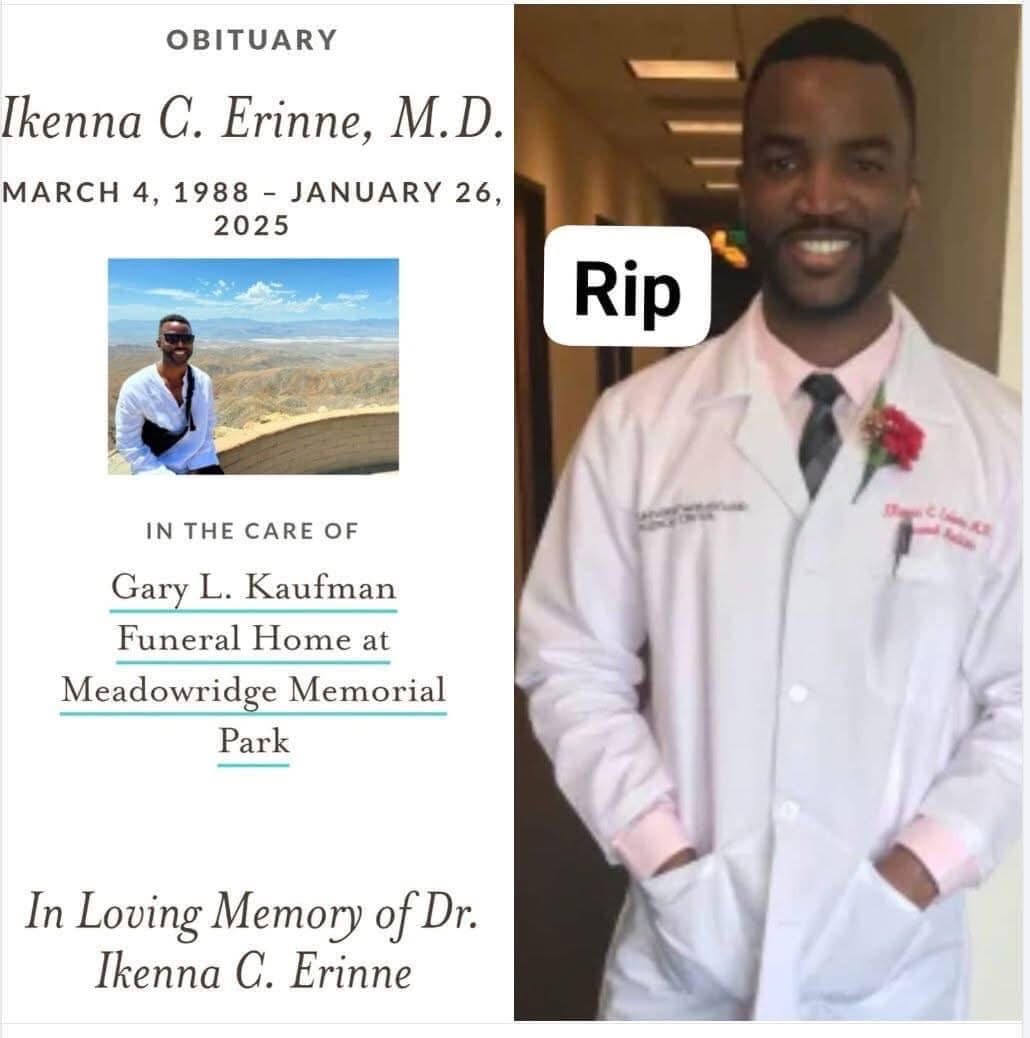It’s true that many African countries, including Ghana, hold deeply rooted cultural and religious beliefs that do not align with Western liberal views on LGBTQ+ rights. Advocacy from Western NGOs and international bodies has often been perceived as foreign interference, especially when it clashes with local traditions and laws. Concerns about “soft power” and cultural imposition are not new and have been part of global discourse for decades.

At the same time, organizations like Outright International and Human Rights Watch generally claim to support the rights and safety of marginalized communities, including LGBTQ+ individuals, who often face violence, discrimination, or criminalization in various countries. Their efforts tend to focus on protection and advocacy, not on forcing changes like hormone therapy or gender reassignment—those claims are often part of broader fears or misinformation circulating around the topic.
Ghana’s debate over the anti-LGBTQ+ bill reflects a broader struggle: how to preserve cultural identity and autonomy while engaging with a global human rights framework. The conversation deserves nuance and respect on both sides—recognizing the sovereignty of nations while also considering the human rights of all individuals.
Would you like a breakdown of what’s actually in Ghana’s proposed anti-LGBTQ+ bill and what organizations are saying about it?



